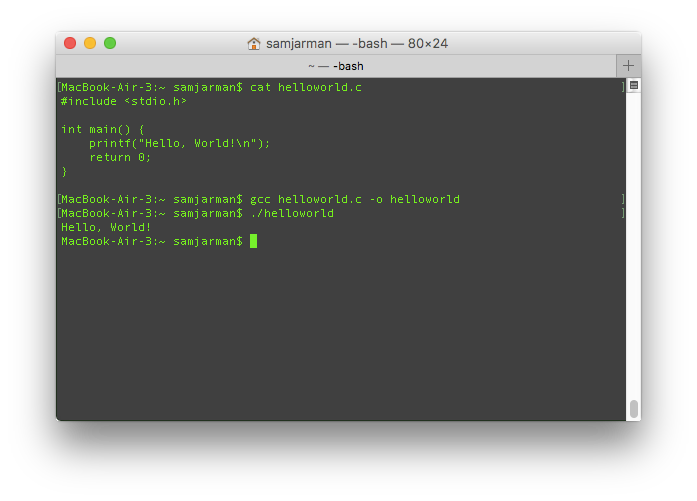At the recent Microsoft Ignite conference, I got the opportunity to try the Microsoft HoloLens.

All I'd seen up to that point were videos like these:
[embed]https://www.youtube.com/watch?v=aThCr0PsyuA[/embed]
Sure, marketing videos will always look better than the real thing. I'd been bitten once before - by Google Glass. Google Glass had great marketing but really just sucked once on your face.
But once I put on the HoloLens it was completely different. It was totally legit.
First, a bit of knowledge. Back at university, during my honours year, I did a great course on Augmented Reality. It was taken by well respected researcher Dr Mark Billinghurst. He taught us the concepts required to understand AR. To sum it up, for an AR system, a computer must recognize points of interest in an image (corners, edges, etc) and then place the object, scale it, and orientate it correctly. This is quite computationally complex, and expensive. Oh, and it must be done every frame, roughly 25 times a second.
With that in mind, I expected HoloLens to suck at that, but to my sheer and utter delight, it freaking nailed it. We later learned that the HoloLens has a dedicated processing chip for the above process, and that's what allows it to be so fast.
That being said I did have some gripes. Firstly, the field of view (eg how much of your field of view that could possibly contain holograms was small. I suspect this is just a V1 thing, and the ability to expand that is coming. However, this might be easier said than done, due to the above process. But for now, for example, you'll not see a floating space ship in your peripheral vision.
Secondly the unit was a bit heavy. I'd say after an hour of playing/watching/using the HoloLens your neck might be a bit sore. Once again, V1, once again, probably fixable.
The gestures worked well, but took a couple of gos to get used to them. Watching the Microsoft employees (who had been using it for a while) use it, they were able to have their hand movements recognised first time. Right now it supports just a few, but I'd really like to see some gesture inference going on, and then it could get really cool.
Overall, a great first start. I'm looking forward to see where they take it next.
Developers: If you're keen to start writing apps for this (hey, it's just Windows 10 Apps or Unity), then go here. Developers can buy up to five devices with shipping to the US, UK, Canada, France, Ireland, Germany and New Zealand (woo!).


